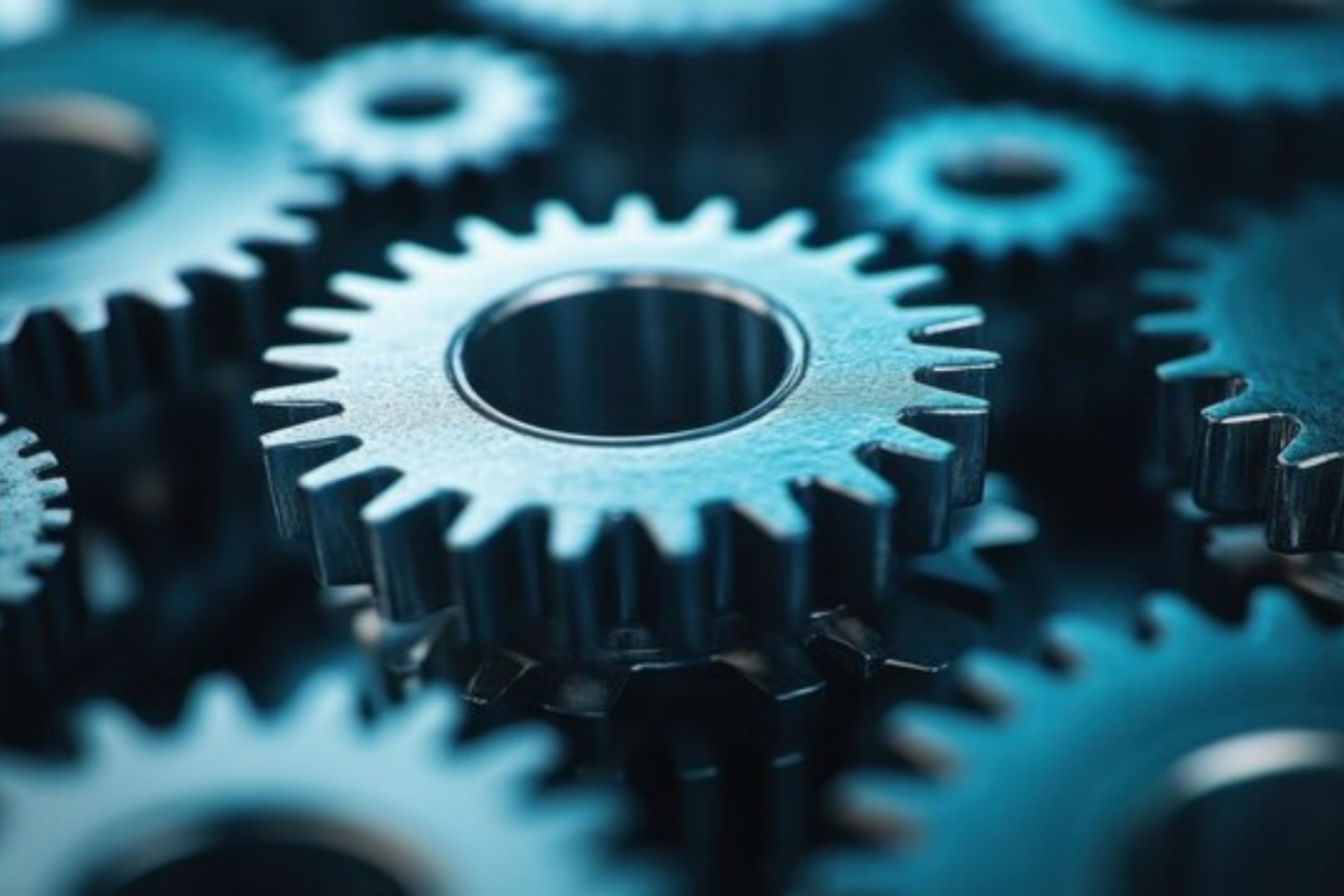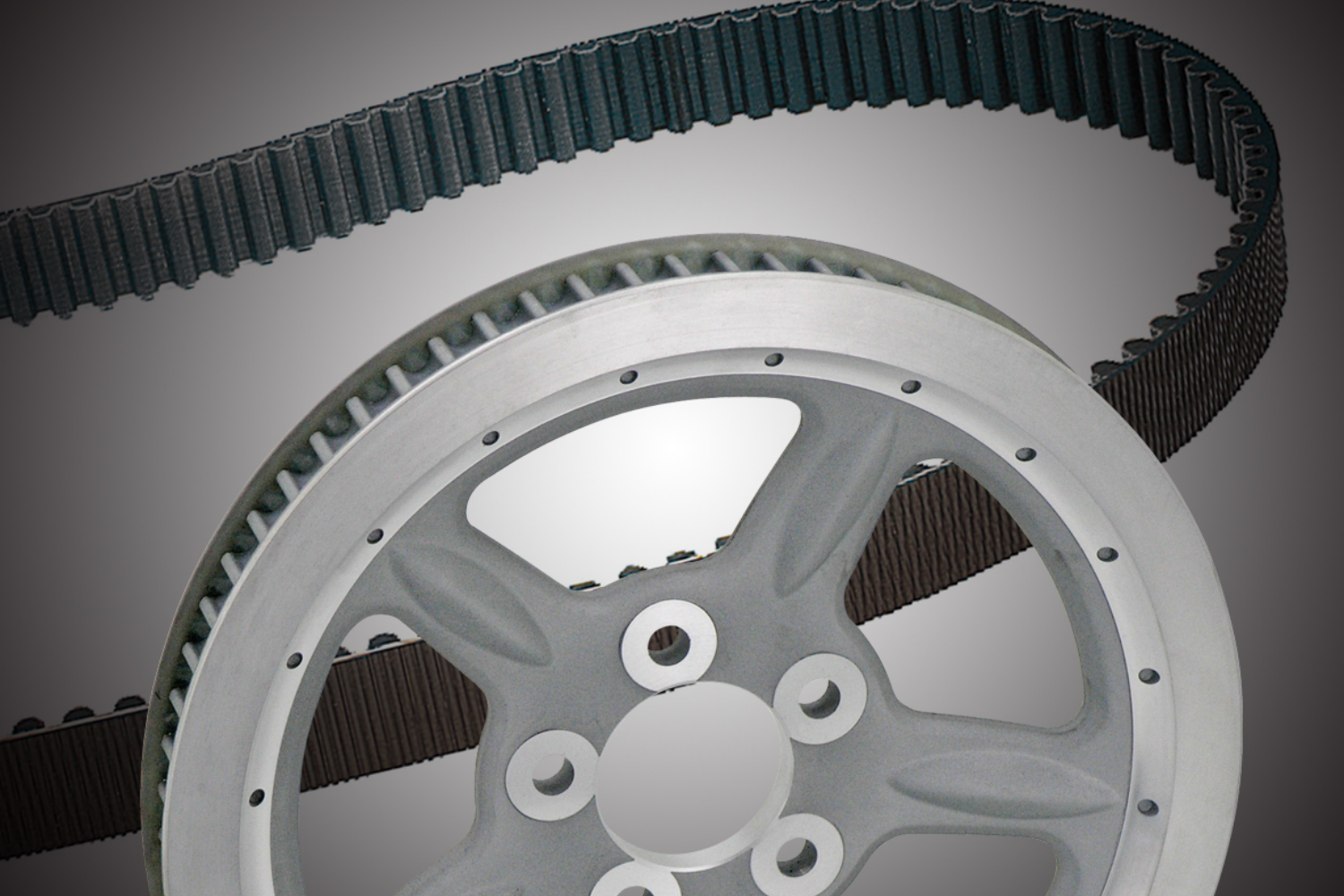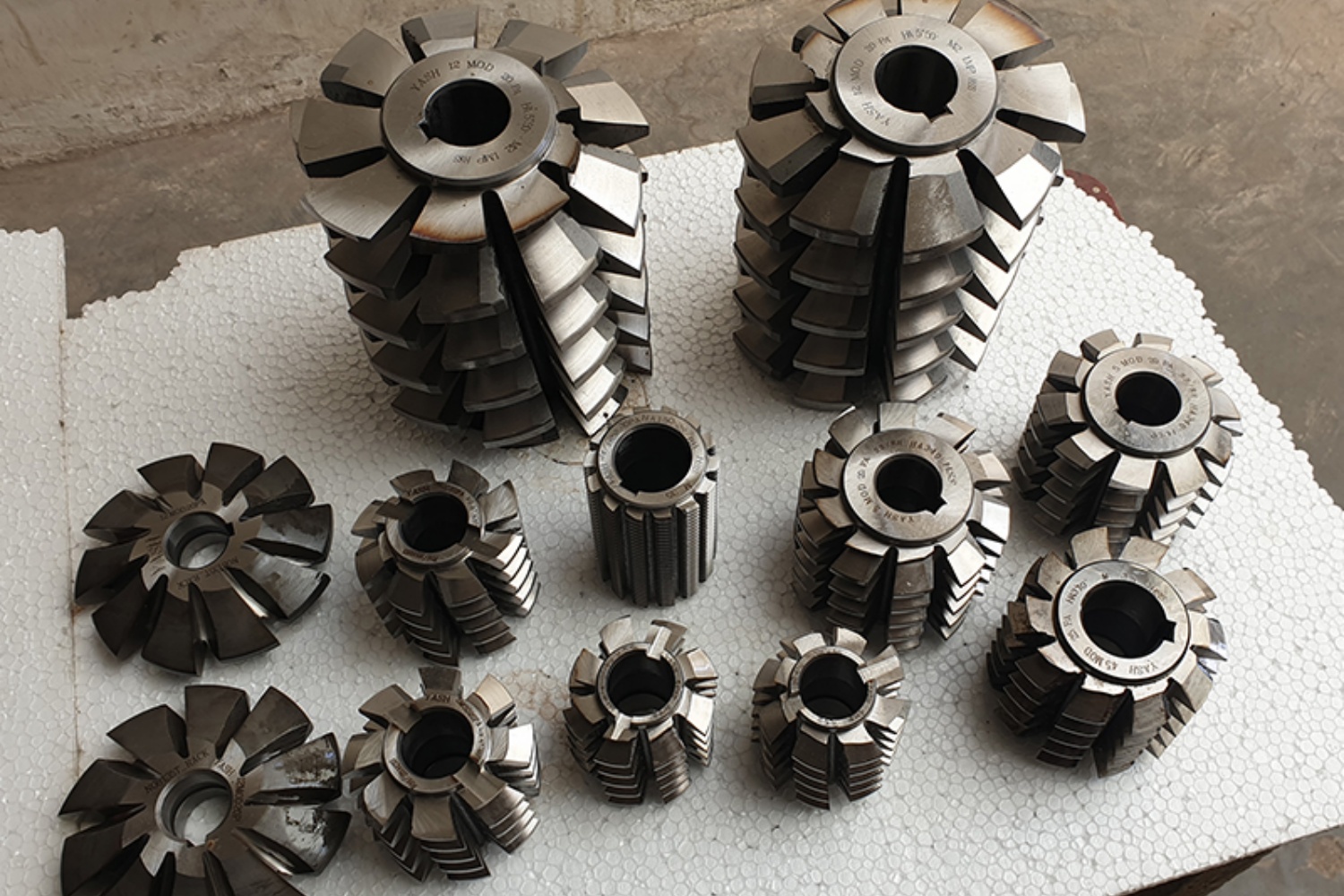In the world of industrial machinery, efficiency, precision, and reliability are essential. A key component in achieving these goals is the sprocket. While standard sprockets are commonly used across various industries, the true potential of machinery is often realized by tailoring sprockets to meet specific needs. Custom sprockets offer a powerful solution to optimize machinery performance, providing advantages that off-the-shelf components simply cannot match. Custom-designed sprockets can unlock the full potential of machinery, enhancing industrial performance and efficiency.
The Role of Sprockets in Machinery
Sprockets are mechanical components that engage with chains or belts to transmit rotary motion in machines. They are designed to mesh with the teeth of a chain, allowing for the transfer of power between different parts of machinery. Sprockets are integral in industries ranging from manufacturing and automotive to agriculture and energy. Their main function is to ensure smooth and efficient power transmission, making them a critical part of many mechanical systems.
However, as versatile as sprockets are, the demands of different applications vary greatly. Machinery in each industry operates under unique conditions, requiring custom solutions to maximize performance, reduce wear and tear, and minimize downtime. This is where custom sprockets come into play.

Why Choose Custom Sprockets?
- Perfect Fit for Specific Applications
The most obvious advantage of custom sprockets is that they can be designed to fit the specific needs of your machinery. Whether it’s a unique tooth configuration, pitch diameter, or material selection, custom sprockets are tailored to meet exact requirements. This ensures a seamless fit with your equipment, improving efficiency and minimizing the risk of operational failure. - Optimized Performance
Custom sprockets can be engineered to deliver superior performance in demanding applications. By selecting the right materials and designing the sprocket to match the operational environment, manufacturers can significantly improve power transmission. Custom sprockets can be made to handle higher loads, resist corrosion, or operate in extreme temperatures, ensuring your machinery performs at its best in all conditions. - Durability and Longevity
When sprockets are designed specifically for a particular machine, they can be built with durability in mind. Custom sprockets can be made from high-strength materials such as alloy steel or stainless steel, which are more resistant to wear and tear than standard options. This extends the lifespan of both the sprocket and the machine it drives, reducing the need for frequent replacements and lowering long-term maintenance costs. - Enhanced Efficiency and Reduced Energy Consumption
Custom sprockets are designed to work with other components in perfect harmony, ensuring the efficient transfer of energy. By eliminating friction points, improving the mesh with chains, and optimizing torque distribution, custom sprockets can enhance the overall efficiency of a machine. This leads to reduced energy consumption and lower operational costs, making custom sprockets a smart choice for businesses looking to optimize their machinery’s performance. - Better Load Distribution
In industrial machinery, sprockets are often subjected to high levels of stress and pressure. A custom-designed sprocket can distribute these loads more effectively across the system. This leads to more stable operation and prevents issues like misalignment or premature wear, which are common with poorly matched sprockets. Custom sprockets help ensure that power is distributed evenly, improving the overall performance and reliability of the machine.
The Design Process Behind Custom Sprockets
The creation of custom sprockets involves several key steps, each crucial to ensuring that the sprockets meet the exact specifications required by the machinery they will serve.
- Initial Consultation and Analysis
The first step in the process is understanding the exact requirements of the machinery. This includes evaluating the specific application, the types of loads involved, the speed of operation, and the environment in which the sprockets will operate. During this stage, engineers work closely with clients to gather all necessary data and determine the best design approach. - Material Selection
Choosing the right material for the sprockets is essential for their performance and longevity. Custom sprockets can be made from a variety of materials, including carbon steel, alloy steel, stainless steel, and even plastic or non-metallic materials for certain applications. The material selection depends on factors such as load-bearing capacity, resistance to corrosion, and the operating environment (e.g., exposure to high temperatures, chemicals, or moisture). - Design and Prototyping
Once the material is selected, engineers create detailed designs of the sprockets, including specifications for tooth profiles, pitch, and dimensions. Advanced software such as CAD (Computer-Aided Design) allows for precise modeling and simulations of how the sprocket will interact with the chain. Prototypes are then manufactured and tested to ensure they meet the required performance standards before full-scale production begins. - Manufacturing and Quality Control
After the design and prototyping stages, the final sprockets are manufactured using state-of-the-art machining equipment. Advanced processes like CNC machining, heat treatment, and precision grinding ensure that the sprockets meet stringent quality control standards. Custom sprockets undergo rigorous testing to verify that they can handle the stresses and performance demands of the application. - Installation and Maintenance
Custom sprockets are often accompanied by installation guides to ensure they are fitted correctly and operate efficiently from day one. Additionally, regular maintenance schedules can be recommended to keep sprockets in optimal condition, reducing the risk of premature wear and improving the overall lifespan of the machinery.
Industries That Benefit from Custom Sprockets
- Automotive Industry
In the automotive sector, custom sprockets are used in various applications such as timing systems, drivetrain components, and powertrain systems. Their ability to withstand high torque and perform efficiently at high speeds makes them essential for modern vehicles. - Agriculture
Agricultural machinery such as tractors, harvesters, and conveyors rely on custom sprockets to ensure smooth operation and optimize performance. Custom sprockets can help handle large, variable loads and minimize downtime in the field. - Manufacturing and Conveyor Systems
In manufacturing plants and conveyor systems, custom sprockets are vital for ensuring smooth and reliable power transmission. They help facilitate the movement of heavy materials and goods through complex production lines, reducing wear and improving efficiency. - Energy and Mining
The energy and mining sectors often require custom sprockets that can handle extreme operating conditions such as high heat, dust, and moisture. Custom sprockets help optimize the performance of equipment used in drilling, crushing, and power generation. - Aerospace
In the aerospace industry, custom sprockets are crucial for maintaining precision and reliability in aircraft systems. Their ability to handle high speeds and resist wear makes them indispensable in applications like propulsion and flight control systems.
Custom sprockets are not just an upgrade—they are a necessity for unlocking the full potential of industrial machinery. By providing tailored solutions to specific applications, custom sprockets offer significant improvements in performance, efficiency, durability, and cost-effectiveness. From automotive to agriculture, from manufacturing to aerospace, custom sprockets are revolutionizing industries and helping businesses optimize their operations.
By investing in custom sprockets, industries can achieve more efficient power transmission, longer-lasting components, and a more reliable overall machinery performance. The ability to design sprockets that meet the exact demands of your equipment will continue to play a crucial role in the ongoing evolution of industrial technology.
CONTINUE READING
Related Posts
In the world of industrial manufacturing, the efficiency and reliability of transmission systems are critical to the success of any […]
In industrial settings, a smooth and quiet power transmission system is crucial for productivity, safety, and worker comfort. V Belt […]
Splines play a critical role in mechanical power transmission systems, enabling rotational motion and torque transfer between mating components. These […]





